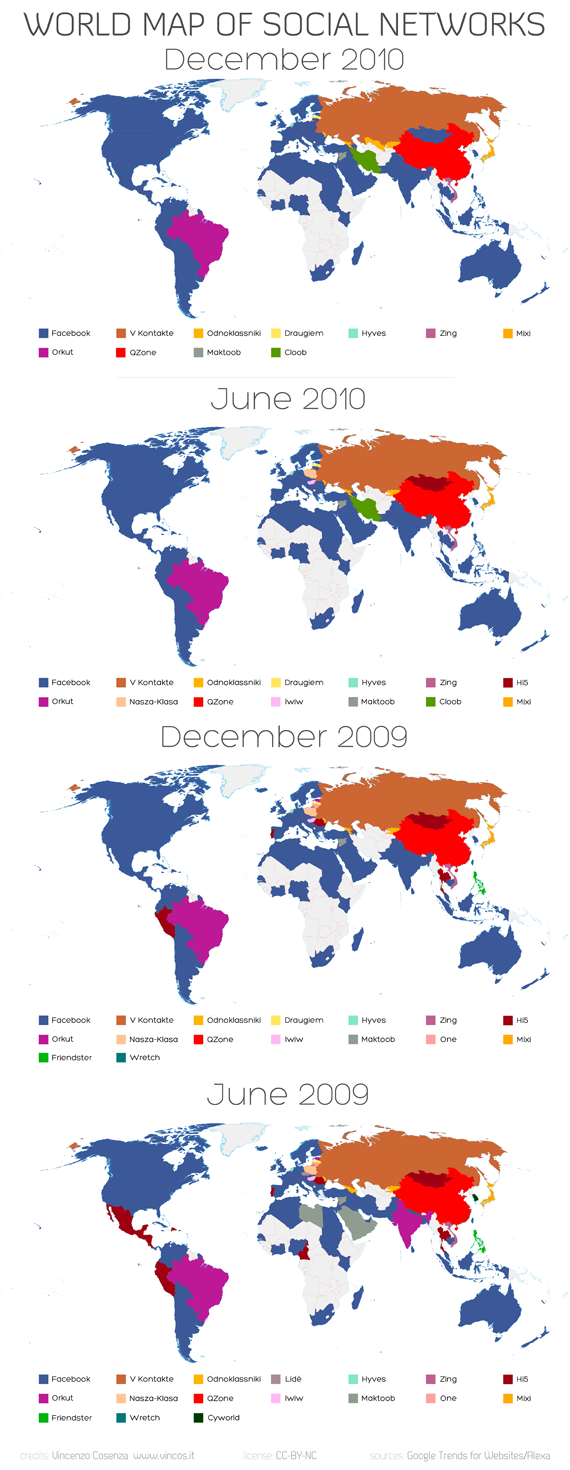.
'Brain drain' seen hurting world's poorest countries
.
By Celia W. Dugger The New York Times
TUESDAY, OCTOBER 25, 2005 Poor countries across Africa, Central America and the Caribbean are losing sometimes staggering portions of their college-educated workers to wealthy democracies, according to a World Bank study released Tuesday. The study's findings document a troubling pattern of "brain drain" - the flight of skilled, middle-class workers who could help lift their countries out of poverty, some analysts say. And while the exact effect of such migration is still little understood, there is a growing sense among economists that it plays a crucial role in a country's development. The findings are based on an extensive survey of census and other data from the 30 countries in the Organization for Economic Cooperation and Development, which includes most of the world's richest countries. The World Bank study, published Tuesday in a book with the title "International Migration, Remittances & the Brain Drain," found that from a quarter to almost half of the college-educated nationals of poor countries like Ghana, Mozambique, Kenya, Uganda and El Salvador live abroad in an OECD country - a fraction that rises to more than 80 percent for Haiti and Jamaica. In contrast, less than 5 percent of the skilled nationals of the powerhouses of the developing world, like India, China, Indonesia and Brazil, live abroad in an OECD country. These patterns suggest that an extensive flight of educated people is damaging many small to medium-sized poor countries, while the largest developing countries are better able to weather relatively smaller losses of talent - and even benefit from them when their skilled workers return or invest in their native lands, said Frédéric Docquier, a lead researcher for the bank and an economist at the Catholic University of Louvain in Belgium. "For a country with a third of its graduates missing, one has to worry," said Alan Winters, director of the World Bank's development research group. Some of the bank's data on brain drain have brought debate. Mark Rosenzweig, a Yale University economist, argues that the bank's measurement of the phenomenon is inflated because it does not exclude immigrants who moved to a rich country as children, or who got their college educations there. Most experts agree that the exodus of skilled workers from poor countries is a symptom of deep economic, social and political problems in their homelands, and it can prove particularly crippling in much-needed professions in health-care and education. Some scholars are asking whether the brain drain may fuel a vicious downward cycle of underdevelopment - and cost poor countries the feisty people with the spark and know-how to resist corruption and incompetent governance. Devesh Kapur and John McHale argue in their book, "Give Us Your Best and Brightest," published last week by the Center for Global Development, a research group in Washington, that the loss of institution builders - hospital managers, university department heads and political reformers, among others - can help trap countries in poverty. "It's not just the loss of professionals, it's also the loss of a middle class," said Kapur, an associate professor of government at the University of Texas at Austin. The question of what can be done to lessen the damage is vexing and gets into difficult questions of whether to limit the migration of skilled workers. Many experts say they oppose efforts to curtail the movement of migrants, but debate possible ways to help poor countries cope. Editors of the World Bank's book say policies may be needed to bolster the incomes of professionals in their home countries. Others, including Kapur and McHale, who is an economist at the business school of Queens University in Kingston, Canada, say that rich countries should consider setting up limited visas that would allow professionals to work for a few years before taking their expertise, and savings, back home.
..














No comments:
Post a Comment